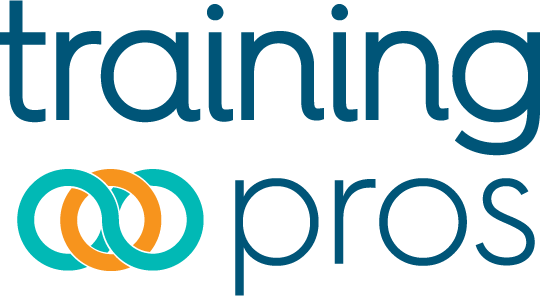 Hosted on July 25 & 26 at the Hyatt Regency Downtown in Boston, the Q1 3rd Annual Customer Centric Medical Information Conference provided a great deal of food for thought as industry executives from companies large and small discussed how to position medical information for the best possible impact and use by a variety of stakeholders, including patients, caregivers, healthcare professionals and the payer community.
Hosted on July 25 & 26 at the Hyatt Regency Downtown in Boston, the Q1 3rd Annual Customer Centric Medical Information Conference provided a great deal of food for thought as industry executives from companies large and small discussed how to position medical information for the best possible impact and use by a variety of stakeholders, including patients, caregivers, healthcare professionals and the payer community.
The program began with a panel discussion led by Christopher Keenan of Bristol-Myers Squibb, featuring physician perspectives from the Boston Medical Center and Joslin Diabetes Center. The discussion centered in on how physicians are using medical information, the routes they look for in engagement with manufacturers, an interesting dialogue on call centers and presentation materials. Of great interest to audience members was the low desire to phone into a call center for details, as well as the re-use of presentation materials developed by pharmaceutical corporations. Setting the tone for the meeting, the panel was engaging and well-rounded, providing an opportunity for medical information & communications executives to engage and interact directly with the physician community to have questions answered.
Additional program highlights included presentations on new routes of conveying medical information, from web video chats both in-office and at trade shows, and dialogue on using outlets such as podcasts to convey short bursts of information that would be of use to physicians. Alongside the integration of new delivery methods were opportunities in measuring engagement and results, and bench marking these results against traditional delivery modalities.
The end of the first day and start of the second focused on the increasing interest in dossier information being requested by the payer community, with Iris Tam of Otonomy discussing the new AMCP Formats and Donna Booth of GlaxoSmithKline describing the industry perspective on payer interaction. Of particular interest during these presentations was the breakdown in responsibility and budgeting for development with colleagues across organizations including Health Economics & Outcomes Research teams that generally partner with medical information on dossier development.
A robust presentation and panel focused on enhanced promotional review provided deep insight into the challenges and opportunities in working with marketing teams on compliant materials, and also provided a few laughs as Jimmie Overton of Allergan led a mock promotional review process with panelists from Boehringer Ingelheim, Retrophin and Allergan. The overall consensus following the panel was that there is tremendous value in working together with marketing on materials, ensuring claims are fair and accurate, and that ultimately medical information teams can provide great value to marketing through positioning accurate claims backed up by data.
Ultimately, participants in the meeting felt that the presentations delivered were of great educational value, and that the small group dynamics allowed for excellent networking opportunities with colleagues across the industry. As a unique, first-of-kind meeting, the Q1 Customer Centric Medical Information Conference continues to provide an annual gathering for executives looking to dive into new methods and to share ideas and lessons learned.
Q1 would like to extend their thanks to all of the conference presenters for their support of this meeting, and also thank conference sponsors 3Vue, Ashfield Healthcare, Author-IT, EndPoint Technologies, Envision Pharma Group, Mavens, Inc., Med Communications, Inc., Online Business Applications, ProPharma Group, PPD and Techsol Corporation for their financial support. To stay updated on the development of the 2017 meeting, make sure to follow Q1 Productions on Linkedin, where details regarding the program will be shared.
About the author:
Kate Jeter is currently the Director of Production & Operations at Q1 Productions, a role that she has held since the company opened its doors in 2005. In her position, she is responsible for analyzing trends across the life sciences industry and transforming these developments into a forward calendar of over 80 conference topics to be produced by the production team annually. Having worked on educational program content for life sciences executives over the past 15 years, Kate has a deep knowledge and appreciation of the life sciences business, and how through concerted efforts from all areas of the business, products are brought to market to improve and save lives.





